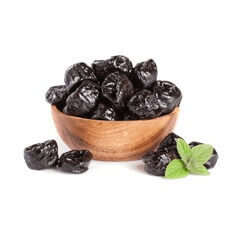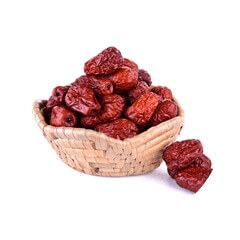Almonds NPS 25/27
- Home
- Nuts & Seeds

Almonds NPS 25/27
Almonds are a popular tree nut that is both healthy and nutritious and can be used in many different ways. Almonds are loaded with nutrients such as Proteins, Fiber, Vitamin E, Calcium, and, Iron in order to make the almonds a healthy and nutritious snack on the go or mixed in with other dried fruits and nuts to create a more unique experience. Almonds can also be blended into smoothies or used in baked goods.
In addition to lowering cholesterol and fighting inflammation and oxidation, almonds have been reported to have a beneficial effect on heart disease risk by reducing total and LDL cholesterol levels. Plant sterols contained in almonds might interfere with cholesterol absorption and bile acid, while their high unsaturated fat content may improve cholesterol levels, especially when this food replaces other foods high in saturated fat and refined carbohydrates. Phytonutrients in almonds also support beneficial gut bacteria. In controlled studies, general nut consumption has been shown to reduce inflammation, promote healthy blood vessels, and lower insulin resistance. Despite their calorie density, research does not support a link between nut consumption and weight gain. Nuts have been found to be associated with less weight gain and a lower risk of obesity, possibly due to their fatty and fiber content, which may provide a feeling of fullness and satisfaction.
It is best to store almonds in an airtight container and store them in the refrigerator or freezer. You may take as many almonds as you need for a couple of days from storage while keeping the remainder safe and fresh.
It can be eaten raw or used as a garnish on desserts, or baked into bread and salads, among other things. By roasting it in a frying pan, you can give the product a crunchy texture.
Eaten in the right way, almonds are an excellent component of your diet. The key thing to remember is that if an almond tastes bad, you shouldn’t eat it.










